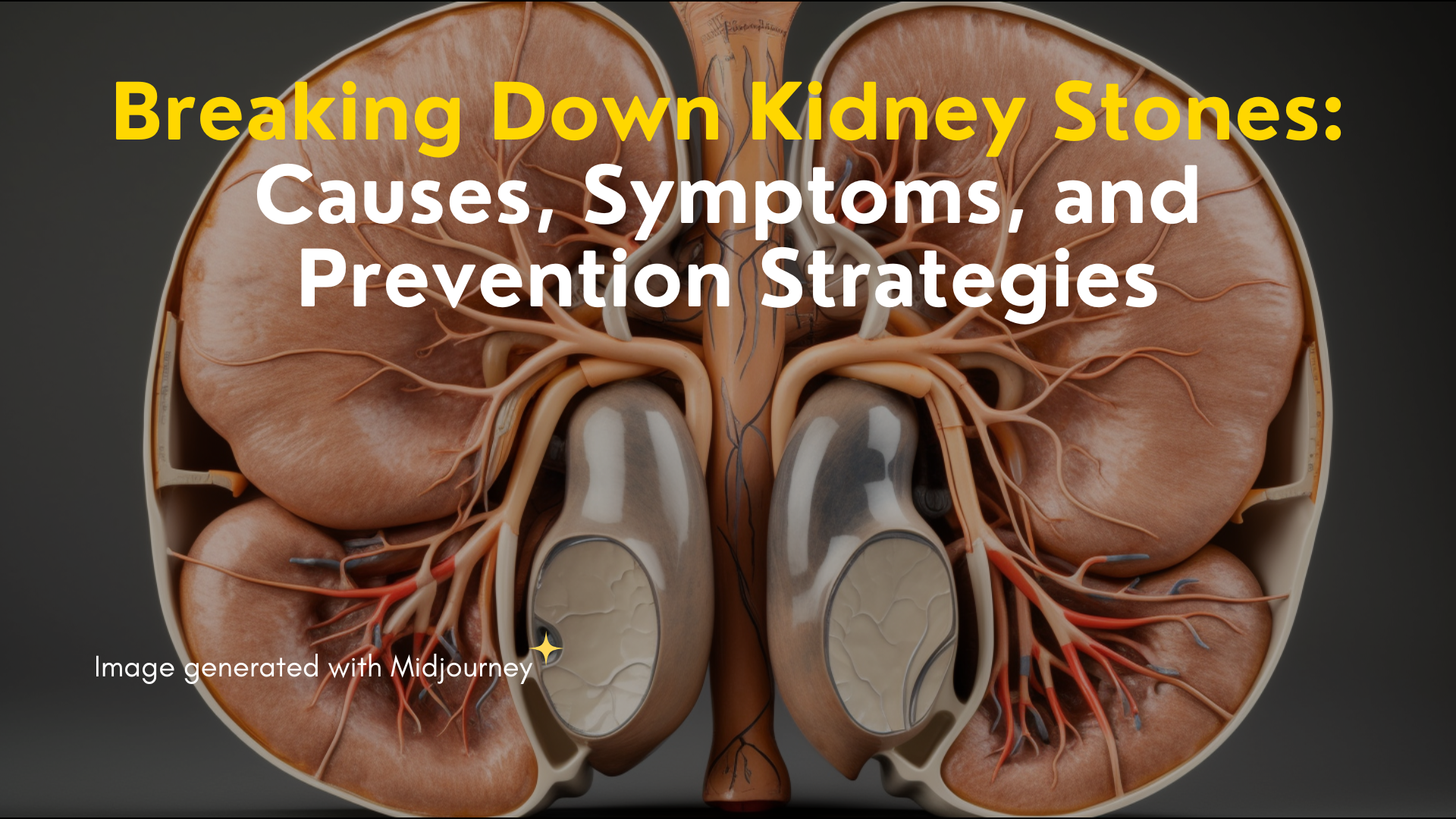Published Date January 24, 2003
Dealing with IBS
By Arpita Sudev
5 min read
Last update date: January 24, 2003
All about fibre, plant-based seeds and IBS.

Facing trouble with IBS? Many of us may feel like we are not able to eat various foods because of the unpleasant way our bodies respond when we eat those. While some foods may be problematic, there are still many foods that people with IBS can safely eat.
Dining out may still be enjoyable and IBS patients’ diets can consist of a wide range of foods. However, the simple and basic rule is that if you have IBS, you may be able to minimize symptoms triggered by foods with a healthy, balanced diet of three meals and 2-3 snacks a day. It is important to ensure your diet is rich in fibre, low in fat, and includes lots of fresh and healthy fruits and vegetables.
There is no one particular diet plan that may work for everyone with IBS. What works for one person with IBS might not work for someone else, based on bio-individuality.
Here are some tips:
- Try to consume fresh vegetables, but avoid those vegetables which might cause too much gas such as brussels sprouts, broccoli, cabbage, asparagus, and cauliflower. However, if they are your favourite foods and they don’t cause any problems for you, you can go ahead and have them.
- Try to consume fruits without their skin because the skin on fruit is full of insoluble fibre, which the human body does not digest efficiently. Insoluble fibre can be especially irritating to IBS-D.
- Increase the fibre content in your diet, gradually. Also, ensure that your water intake per day is at least 1.5-2L.
- If you can tolerate gluten (unless you also have celiac disease or gluten intolerance), you can consume bread, pasta, rice, bagels, and crackers, in any variety including rye, whole wheat, white, gluten-free, etc.
- Add plenty of starchy carbohydrates. Examples include bread, rice, cereals, pasta, potatoes, chapattis, and plantain.
- Consume whole plant-based seeds in your main meals or side dishes.
- Enjoy dairy products, if you aren't lactose intolerant.
- Look out for your taste buds and likings because some people may have problems with heavily spiced, sauced, or fried foods.
- Look for low-fat items to enrich your diet.
- Take supplements as suggested by your doctor before meals. The supplement may protect against developing symptoms.
- Try different methods of cooking like grilling, broiling, baking, or steaming with little to no oil. Try using a cooking spray in place of oil. Avoid saturated fats as much as possible. You can replace these with unsaturated fats found in vegetable oils such as sunflower, rapeseed and olive oil, avocados, nuts and seeds.
- If you are eating out, try to choose foods that would be the most similar to what you would eat at home.
- Reduce the amount of caffeine, alcoholic beverages or fizzy drinks you consume.
- Reduce the number of processed foods such as crisps, oven chips, supermarket pizza, biscuits and cakes, and breakfast cereals that contain resistant starches.
- Reduce or avoid fructose. It can cause diarrhoea in some people, particularly when eaten in large quantities.
- Try probiotics, as they may be useful in improving symptoms of IBS, although they do not work for everybody. Probiotics can help to balance our gut bacteria.
Some Lifestyle choices and changes:
- Have a regular meal pattern. (both portion and timings)
- Try not to skip meals.
- Sit down to eat and chew your food well.
- Try to avoid eating too late at night.
- Exercise regularly, such as walking, cycling, or swimming.
- Set aside some time for relaxation.
- Get enough sleep.
- Seek support or counselling whenever you feel stressed.
Takeaway
Look out for what suits you and is accepted by your gut. Try to improve the symptoms that trigger the worst conditions. Reducing the total amount of fermentable sugars may improve IBS symptoms. The low FODMAP diet should be tried with the assistance of a dietician.
References
- https://patient.info/news-and-features/ibs-diet-sheet
- https://www.hopkinsmedicine.org/health/conditions-and-diseases/irritable-bowel-syndrome-ibs/5-foods-to-avoid-if-you-have-ibs
- https://www.niddk.nih.gov/health-information/digestive-diseases/irritable-bowel-syndrome/eating-diet-nutrition
- https://badgut.org/information-centre/health-nutrition/ibs-the-foods-you-can-eat/#:~:text=Enjoy%20all%20meat%2C%20chicken%20and,items%20to%20enrich%20your%20diet
Choose Healthy With Us.
Know the real truth about your food. Stay informed and healthy, for free.

Download the App Now
Certified nutritionists trust our food recommendations. Safe to say, so can you :)












